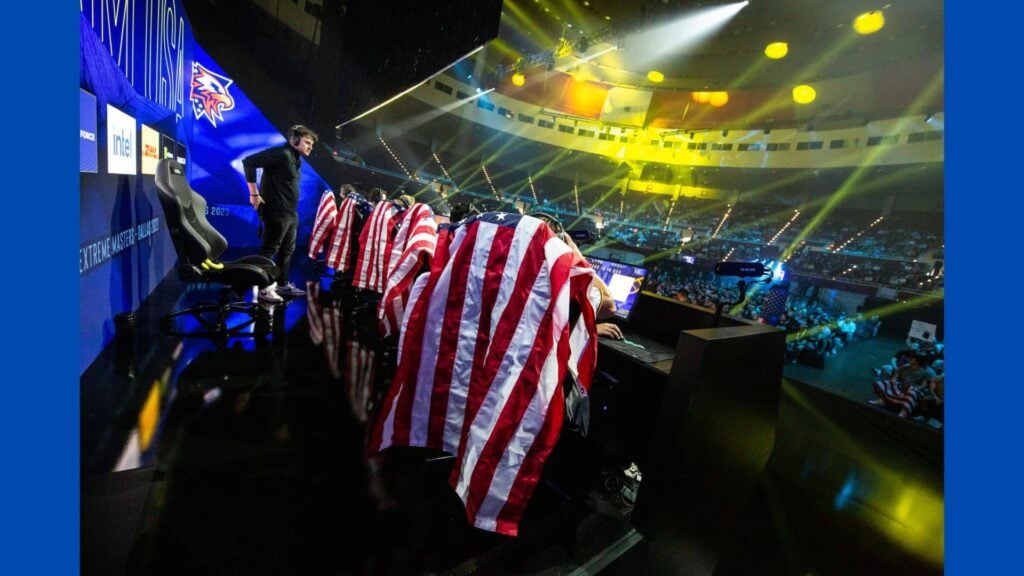
A new report from the American Gaming Association (AGA) reveals that illegal and unregulated gambling continues to hold a significant portion of the U.S. gaming market, diverting billions in revenue and taxes away from regulated operators and public programs.
According to the AGA’s latest analysis, Americans wager an estimated $673.6 billion annually with illegal and unregulated gambling operators. This activity generates $53.9 billion in annual revenue for offshore betting platforms and unlicensed machine operators, while costing state governments approximately $15.3 billion in lost tax revenue each year.
Driven by a surge in illegal iGaming, the spread of unregulated “skill” machines, and persistent illicit sports betting, the illegal market has grown 22 percent since the AGA’s last report in 2022. Despite the expansion of legal gambling, illegal operators still account for nearly one-third (31.9 percent) of total U.S. gaming revenue.
“Illegal gambling operators are thriving at the expense of American consumers, siphoning billions in tax revenue from state governments, and undercutting the efforts of the legal market,” AGA President and CEO Bill Miller said. “It’s time for a national crackdown on the pervasive illegal market that is draining state coffers and putting people at risk.”

The study highlights that over 625,000 unregulated gaming machines are now active in bars, restaurants, and convenience stores, a 7.7 percent increase since 2022. These machines generated $30.3 billion in revenue, and cost states $9.5 billion in lost taxes.
Revenue from illegal online slots and table games reached $18.6 billion, up nearly 38 percent in just three years. The share of iGaming players who use only legal sites has dropped from 52 percent in 2022 to 24 percent today, while nearly half (49 percent) now gamble on both legal and illegal sites.
Americans wagered about $84 billion with illegal bookmakers and offshore sportsbooks last year, generating $5 billion in revenue for illicit operators and causing $1 billion in tax losses. While the share of bettors who exclusively use illegal channels has fallen by a third since 2022, one in ten sports bettors still wagers solely with unlicensed sources.
“These bad actors operate in the shadows with zero consumer protections, no responsible gaming obligations, and no economic return to the communities they exploit,” Miller said. “Combating them requires not only stronger U.S. enforcement, but also continuing to work closely with our international partners to shut down offshore operators and hold them accountable.”
What this means for the US esports betting sector

The AGA’s findings carry implications for the fast-growing esports betting sector in the U.S, which often overlaps with online wagering and digital-first audiences.
Offshore operators may increasingly target esports fans and even professional players through unregulated platforms offering match betting, skin gambling, and fantasy-style contests without safeguards against underage participation or match-fixing.
As regulated esports betting gains traction in the U.S., a flourishing illegal market could erode its credibility, siphon off tax revenue, and heighten integrity risks for tournaments. To protect the industry’s legitimacy, regulators and stakeholders will need stronger enforcement measures and proactive education efforts to steer players toward legal, regulated channels.







